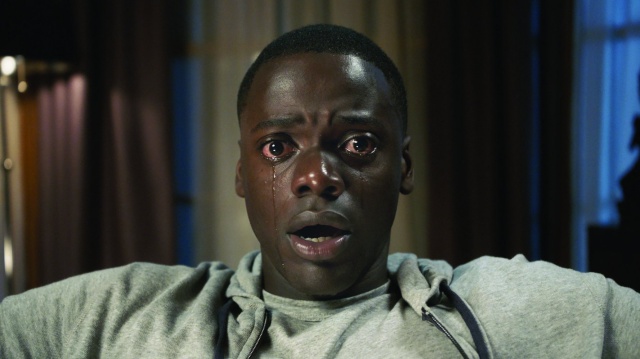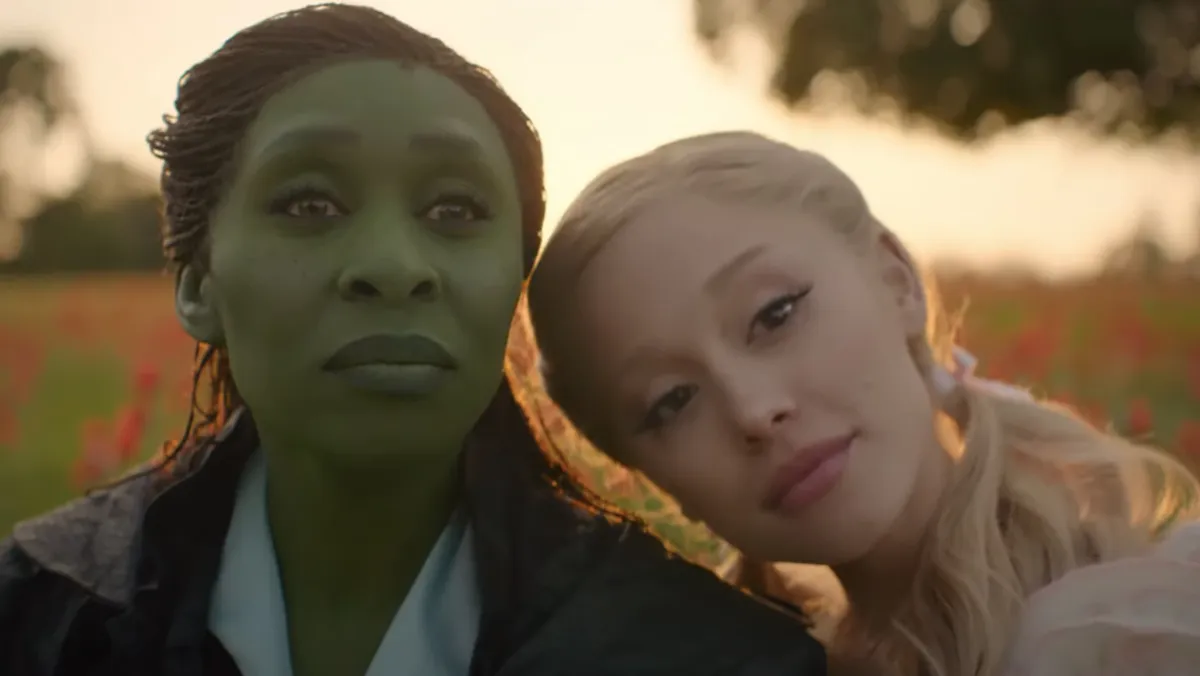At last night’s Producers Guild of America (PGA) Awards, Jordan Peele’s Get Out was awarded the Stanley Kramer Award, which honors a film or creative “whose achievement or contribution illuminates and raises public awareness of important social issues.” Given that Get Out was the conversation-starter of 2017, and given how sharply it examines anti-black racism in the United States, it’s easy to see why the PGA decided to recognize it.
As part of his acceptance speech, Peele described his writing process for the film. According to Deadline‘s write-up, Peele said he had to ask himself “what really scares him” in order to get the script right.
“It’s not white people,” he joked, before getting serious. “It’s silence. Get Out is my protest against that.”
“That’s how I came up with the idea for the sunken place,” he continued. “The sunken place is the system that silences the voice of women, minorities, and of other people … the sunken place is the President who calls athletes sons of bitches for expressing their beliefs on the field and the homeland of our most beautiful immigrants sh*tholes. Every day there is proof that we are in the sunken place.”
Peele quickly reverted to his jokier tone, saying, “I usually don’t go to a dark place like that.” But his emotional explanation of the Sunken Place illustrates why the film has inspired so much analysis, and why so many viewers were infuriated when the Golden Globes categorized it as a Comedy. While Peele himself has acknowledged the satirical moments in the film, its themes are heartbreaking and real. They speak to a real-life violence that surrounds us, and that is only getting worse under a Trump administration.
Still, it’s heartening to see a black man get up on a prominent stage to be honored for a movie that he wrote and directed, a movie about racism that was driven by his voice. Hopefully, it’s a sign that we’re getting closer, ever so slowly, to a place where women, minorities, and other marginalized people are too vocal and too powerful to silence.
(Via Deadline; image: Blumhouse Productions)
Want more stories like this? Become a subscriber and support the site!
—The Mary Sue has a strict comment policy that forbids, but is not limited to, personal insults toward anyone, hate speech, and trolling.—









Published: Jan 21, 2018 01:55 pm